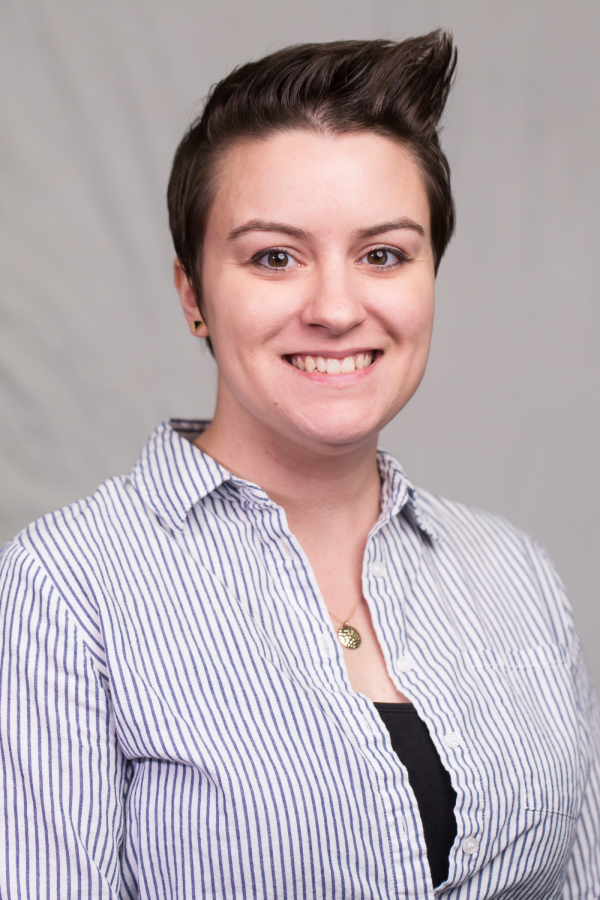
Gender diverse youth – children and adolescents whose gender identity or expression do not fit within societal gender norms – can face many social challenges at school that can put them at risk for poor mental and physical health outcomes. However, gender non-conformity does not necessitate these risks; gender diverse youth thrive in positive, accepting social environments. Thus, it is important to understand the characteristics of GNC youth and their peers that contribute to inclusive school environments for these youth. In this presentation, I will discuss characteristics of the peer context that create a positive or negative environment for gender diverse students, and reasons for peers’ prejudice toward gender non-conformity. In addition, I will discuss my plans for future studies and implications of my research for school-based interventions to improve the lives of gender diverse youth.
Rachel E. Cook is a doctoral candidate in the T. Denny Sanford School of Social and Family Dynamics at Arizona State University. Her research interests include the development of children’s gender identity and gender-related stereotypes and prejudices. Specifically, she studies peers' socialization of gender and the developmental and contextual influences on gender-related prejudices.